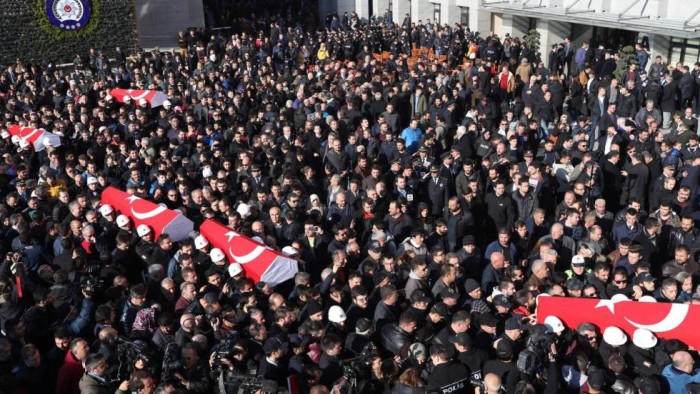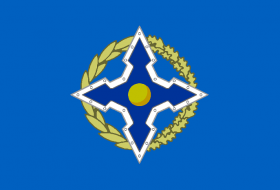PKK begins to withdraw from Turkey

Villagers on the border also reported seeing the fighters on the move.
In a statement on Tuesday the PKK announced it would withdraw despite some "natural obstacles".
Some 2,000 rebels are to retreat from Turkey on foot in a process expected to last five months. The first fighters are expected to arrive in northern Iraq in a week. There has been no official confirmation from the Turkish government that the pull-out is under way.
In Devecik, a town close to the Iraqi border, people are hoping peace will now finally come to an area where clashes between the PKK and Turkish security forces have been at their worst for years.
"This next phase is very fragile, but we are optimistic that it will come to a successful end," Abdurrahim Gorsel, a 27-year-old shop owner, said.
He added that the increase of army checkpoints around Devecik made people uneasy: "If they want peace, they should decrease the symbols of war."
According to sources quoting local PKK commanders, withdrawing rebel groups face some difficulties in crossing the Turkish-Iraqi border due to heightened security measures.
"Due to current Turkish laws, the military cannot simply ignore sightings of armed fighters inside Turkish territory," Nihat Ali Ozcan, a counterterrorism expert, said. "This is another reason that the withdrawal process will take months to complete."
Turkish prime minister Recep Tayyip Erdogan has promised that retreating PKK fighters will be left unharmed, but said that the PKK should lay down their weapons as soon as possible in order for the peace process to succeed.
Speaking at a news briefing in April, rebel leader Murat Karayilan warned that the PKK would retaliate in the case of a military attack: "Withdrawal will stop immediately if there is any attack, operation or bombing of our guerrilla forces, and our forces will use their right to reciprocate."
Karayilan also said that fighters would not put down their weapons prior to the withdrawal, and that they would retreat in small groups "under secure circumstances".
In Yesilova village, 3km from the Iraqi border, a delegation of Kurdish journalists and politicians from the pro-Kurdish BDP party is monitoring Turkish security forces to ensure that all goes well.
"We will make sure that the Turkish military does not move against withdrawing PKK fighters," Cabbar Tas, head of the BDP in Semdinli, said. "The people in the border villages will prevent soldiers and tanks from attacking guerrillas through civil disobedience. Any provocations that might endanger the peace process have to be stopped."
The successful retreat of PKK fighters is a significant advance in the peace process that might yet put an end to a 30-year conflict in which over 40,000 were killed and that cost Turkey up to £290bn.
"The withdrawal is an important step," Ozcan said. "It also gives the PKK time to develop a strategy for political mobilisation, to fill the void of an armed struggle. They now need to become much more active in the political sphere in order not to lose the momentum of the movement."
The PKK seeks greater autonomy for the Kurdish region and full democratic rights for Kurds, who are thought to comprise 20% of the Turkish population.








-1741278702.jpg&h=190&w=280&zc=1&q=100)






































